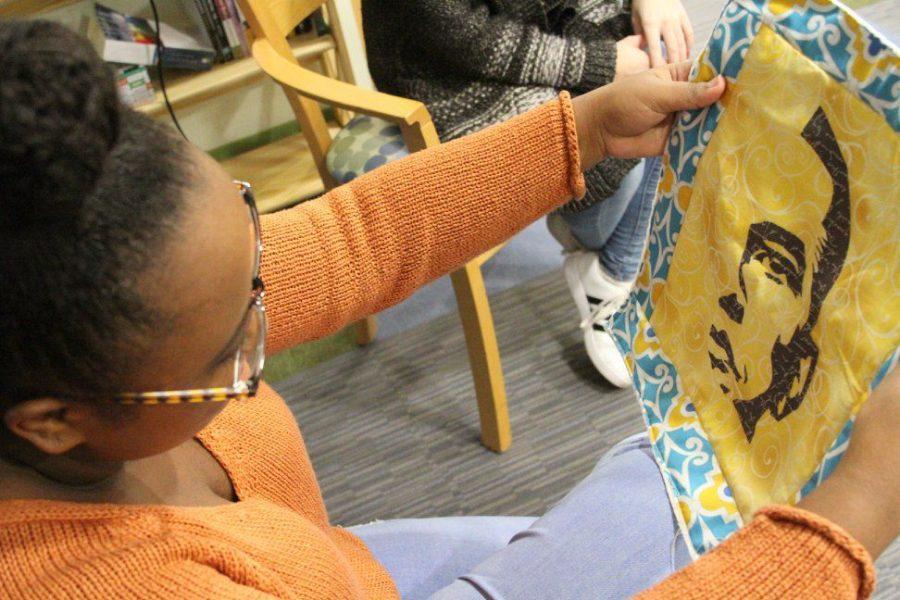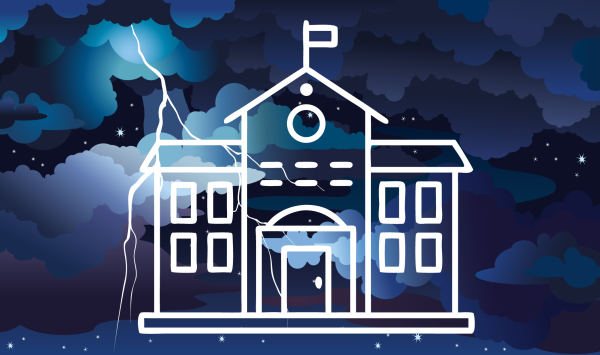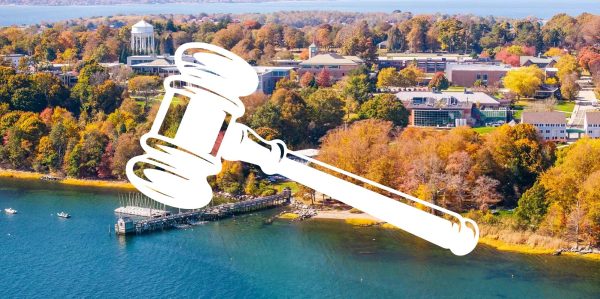Celebrating Black History Month with campus community
When people think of February, many tend to think of Valentine’s Day, which has become a major commercial holiday in the United States. What people don’t often think of, at least not immediately, is Black History Month, a month that is meant to be 28 (occasionally, 29) days during which we honor the contributions and achievements of black individuals throughout U.S. history.
Many students on campus feel that the university should be organizing more programming to educate members of the campus community about black history, which is why the members of the Africana Student Coalition (ASC), a campus club that seeks to “foster and create a safe and rich environment for the exploration and celebration of African Diasporic cultures,” made it their mission to plan events throughout the month.
The eboard of the ASC took charge of the responsibility of planning programs for Black History Month, spending much of last semester making plans for the events.
Senior Vanessa Malkia, the treasurer of ASC, shared that she feels as though the university is very “dormant” when it comes to recognizing black history. As a result, she and the rest of the eboard decided that, as a club that focuses on the cultures and history of black people, it was the ASC’s responsibility to put on programming.
Junior Helio Monteiro, the club’s secretary, explained that he feels as though many people do not fully understand what it means to be black.
“People think of being black as one thing, but there are so many different cultures, different aspects, [and] you can be black from anywhere in the world,” Monteiro said. “We just wanted to show that, which is why some of our events are black American focused and some are Caribbean focused.”
“Personally I think it’s important for me because I feel like I need this kind of celebration where I feel like I am celebrated,” Malkia said, adding that these events provide opportunities for her to both learn about and teach things that aren’t often discussed on campus.
Through this programming, the organizers seek to make those in attendance more understanding and educated on black history, especially if they haven’t learned much about it in the past.
Monteiro expressed that, in the future, she hopes that having discussions and attending events in honor of black history will become normalized on campus, and that members of the RWU community can expect to see more of it in the coming years.
“It just shows where their priorities are,” Malkia said, referring to the fact that she feels as though the university should be making more of an effort to educate its students on black history. She added that it is important for the administration to work with the student groups on campus who are focusing on these issues.
In terms of programming, ASC has been and will continue to show films focusing on black culture and history, including “Selma” and “Agents of Change.” Towards the end of the month, they will be taking a trip to see “Black Panther.”
On Feb. 15, they held a workshop and discussion titled “Secret Codes of Quilts,” where attendees could learn about how slaves sewed codes into quilts as a way to get to freedom. On Feb. 21, Aaron Allen, an assistant professor in the History and American Studies Department, spoke on the connections between the civil rights and Black Lives Matter movements. Artist and activist Kavinde Ade will be performing at 7 p.m. on Feb. 22. The week will finish with a Celebration of African Diasporic Cultures event with Afro-Caribbean food on Feb. 23.






